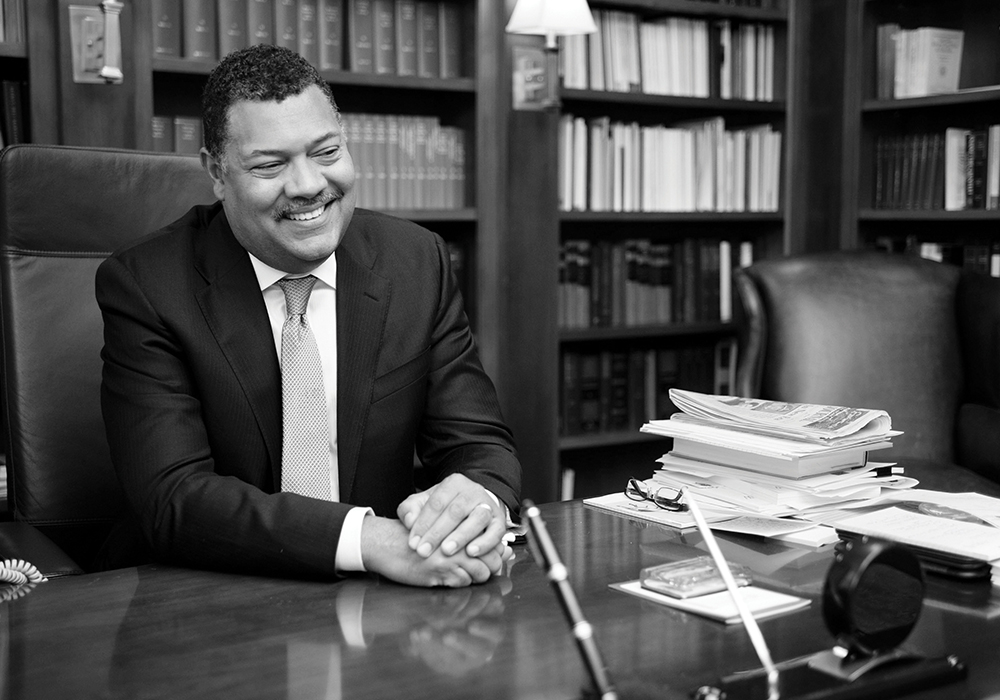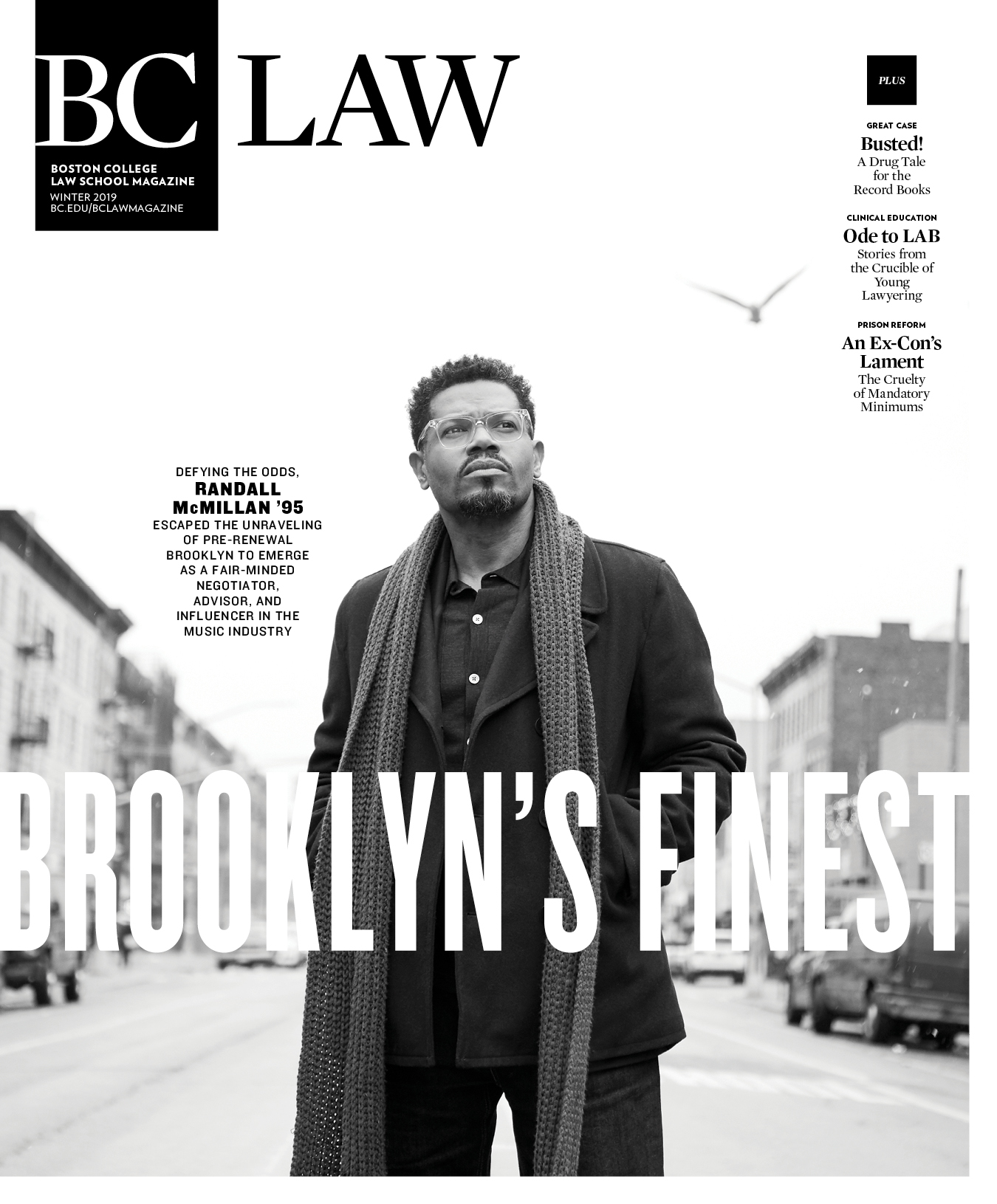This past November marked the 100th anniversary of the end of WWI. On Armistice Day, German Chancellor Angela Merkel and French President Emmanuel Macron unveiled a plaque to their countries’ reconciliation in a moving ceremony at the site in France where the armistice was signed. The conflict is estimated to have taken 40 million military and civilian lives. Much of the bloodshed was driven by jingoistic nationalism, despite the fact the fighting forces, particularly those of the British and the French, represented a remarkable diversity of men that drew from those nation’s global empires.
I have a personal connection to this war. My paternal great-grandfather, Joseph Lartigue, was an American soldier in France in 1917–1918. I don’t know much about his war experience. Unlike the British and the French armies, the US Army was highly resistant to having African-Americans participate in combat units during World War I, but being a native French speaker, he was able to perform a numberof valuable services in support of the Allies in France.
France offered my great-grandfather a freedom he only could have dreamt about as a young man in Louisiana. He often told my grandmother and her sisters tales of his adventures as a soldier, which, according to family lore, included a love affair with a French woman and perhaps a child. But when the war was over, he returned home, bought land, farmed, married, and raised three daughters. Despite the discrimination he knew he would face, Louisiana was his home and he was an American.
“‘America First,’ coupled with thinly veiled racist and anti-immigrant rhetoric, is a betrayal of so much of what has made this country great.” —Dean Vincent Rougeau
Given the current political climate in the US and in parts of Europe, it is hard not to draw parallels between our moment and the era that preceded the Great War. Extreme ethnic chauvinism and aggressive nationalism have reasserted themselves in political debate. In the UK, parliamentarians routinely make arguments in support of Britain’s withdrawal from the European Union that harken back to the glory of the nation’s imperial past. At home, President Trump rouses his base with promises to build walls and the slogan “Make America Great Again,” insisting that greatness is best achieved through belligerence toward foreign powers, both friends and foes alike.
Surface similarities in political rhetoric between today and 100 years ago do not necessarily mean we are headed for another world war. But they give one pause. Historically, isolationist nationalism has not served us well, and the diversity of the American population has offered the United States critical economic, cultural, and military advantages. “America First,” coupled with thinly veiled racist and anti-immigrant rhetoric, is a betrayal of so much of what has made this country great.
My grandmother and her sisters preserved their father’s army discharge papers over decades. My father now cares for them and, ultimately, they will be passed on to my siblings and me. Despite being the wrong color and speaking the wrong language, Joseph Lartigue loved an America that did not love him much. He left everything he knew in the hope that his willingness to sacrifice would offer him a chance to be recognized as an equal member of society. That was a dream deferred for him, but one that later would be more fully realized by his descendants. A lesson I draw from his experience is that nationalism blind to the true diversity of a country is a dangerous lie. It is tragically unfortunate that people have had to risk their lives or die to remind us of that.
Photograph by Suzi Camarata



